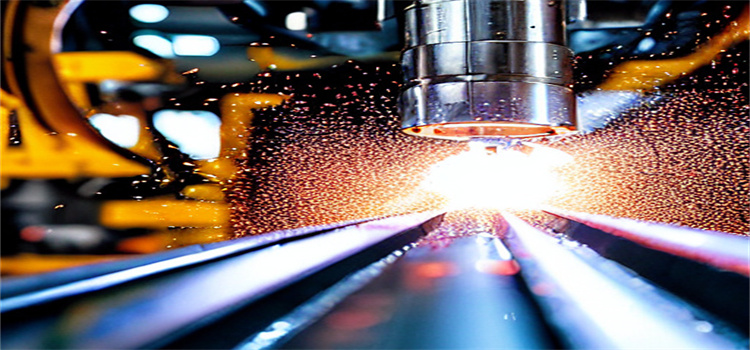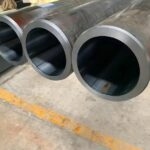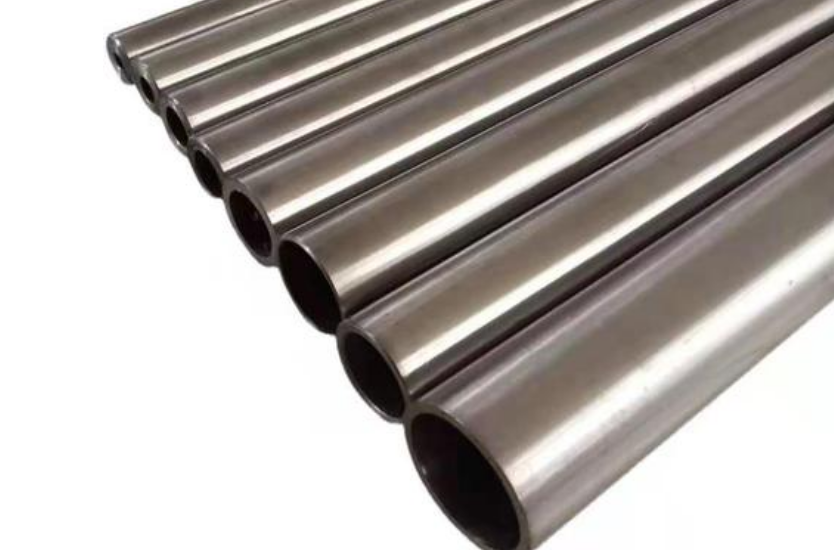Toyota has started discussions on the production of the core system of fuel cell vehicles (FCV) in China as early as 2022. As the world’s largest automobile market, China strives to popularize 1 million fuel cell vehicles by 2035. In terms of fuel cell vehicles, Toyota took the lead in developing, and the production of core systems was previously limited to Japan. As a favorable policy condition, China hopes to carry out localized production, and Toyota has decided to produce the core system of fuel cell vehicles abroad for the first time.
Ouyang Minggao, a Chinese new energy vehicle expert and a professor at Tsinghua University who participated in policy formulation, revealed to Nikkei that Toyota and Tsinghua University’s companies are jointly preparing a production base for fuel cell vehicle power systems. In response, Toyota said it “does not comment.”
What Toyota will produce in China is a core system composed of the core component “electric stack” that generates electricity through the chemical reaction of hydrogen and oxygen. Used in commercial vehicles such as buses.
Toyota will set up a joint venture company to develop fuel cell vehicle systems in 2020 with Tsinghua University and China’s large state-owned car companies. Currently, core components are being exported from Japan for use in assembling stacks, and will be converted to local production of core components in the future. Strive to start production from 2022 to 2023, and the investment scale is considered to be in the billions to tens of billions of yen.







